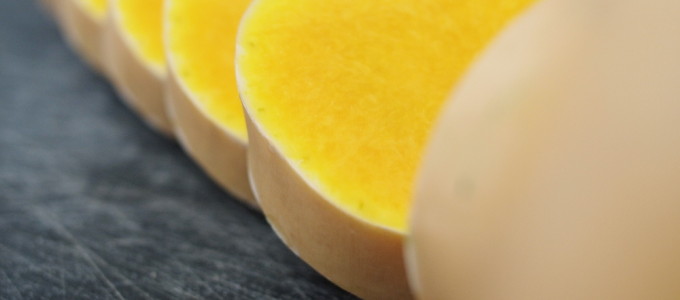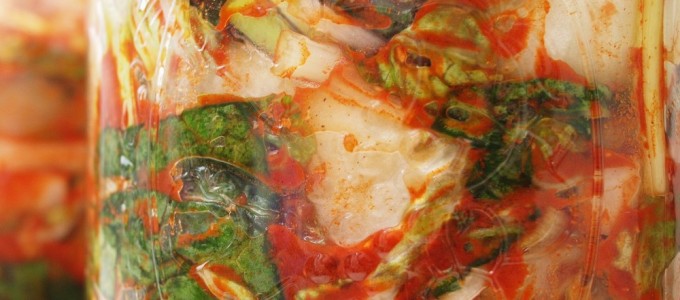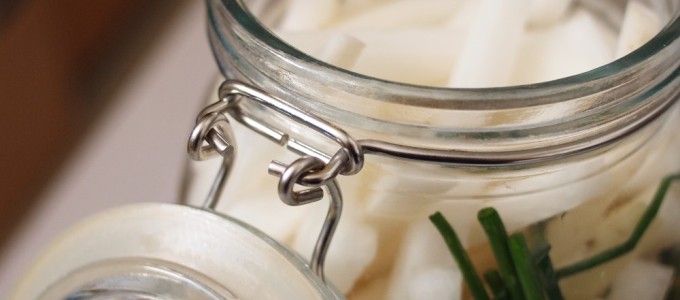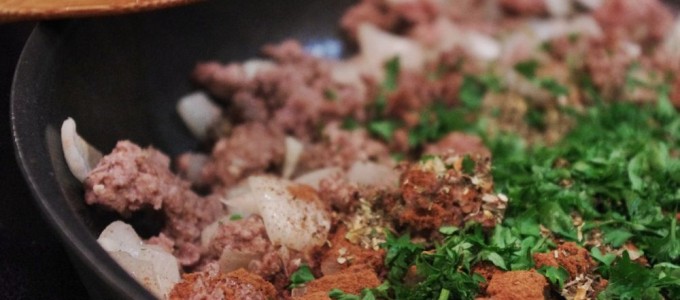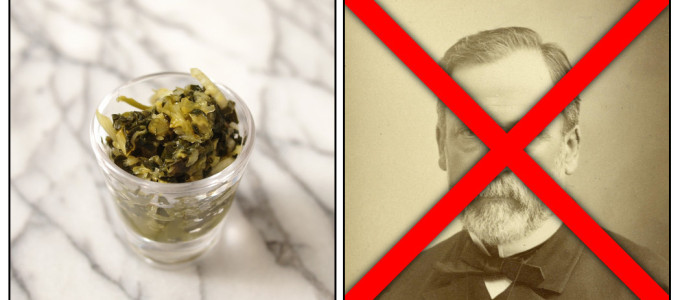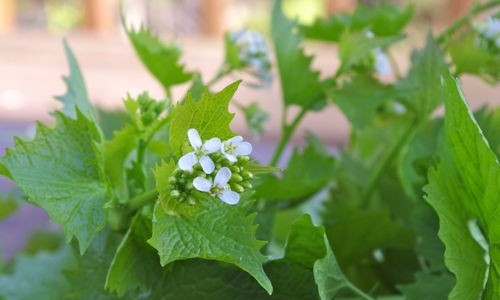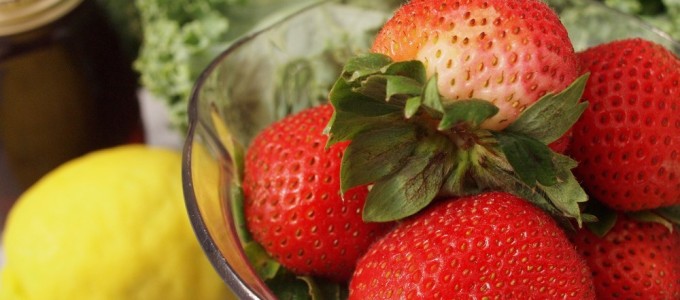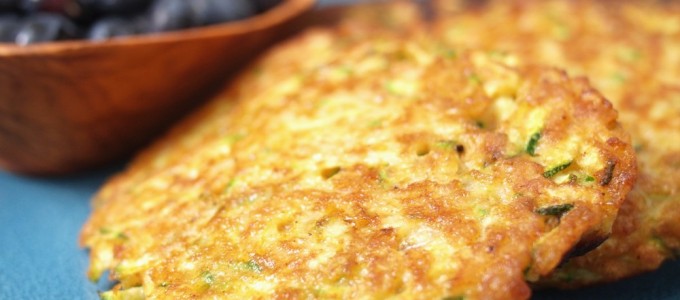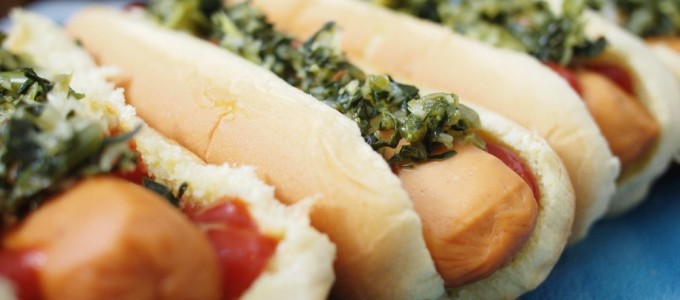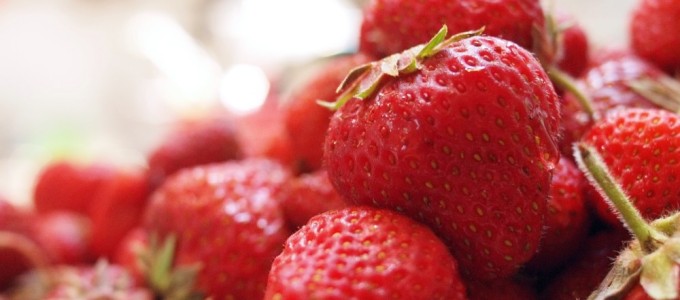Riddle me this, dear readers: what’s the worst thing about making a butternut squash?
It’s not the taste, obviously. Butternut squash is sweet and savory, and delicious. It caramelizes in the oven, lending it a complex smoky flavor that’s a little bit pumpkin on the surface, with a bubbling current of applewood smoked bacon — and maybe maple — somewhere down below. I’d venture to assert that many of the best pumpkin pies are in fact done in butternut squash. And the best pumpkin soups, too. The only problem with them is … is …
